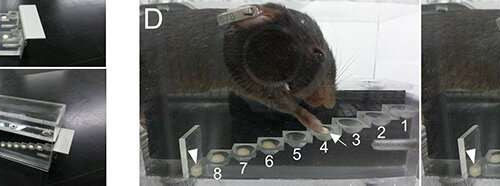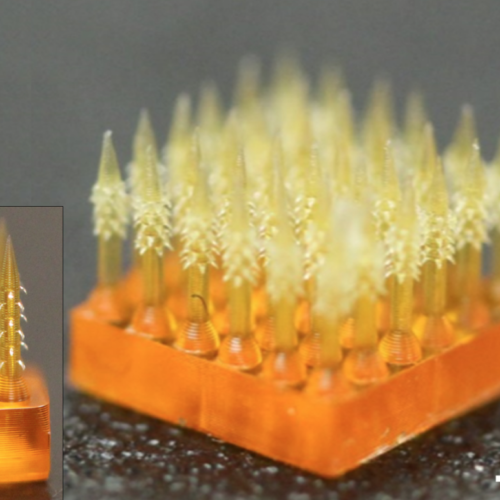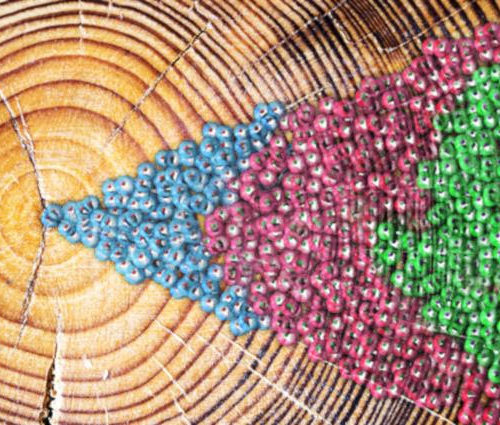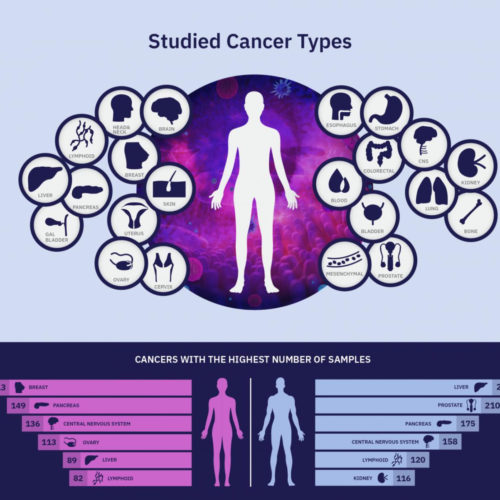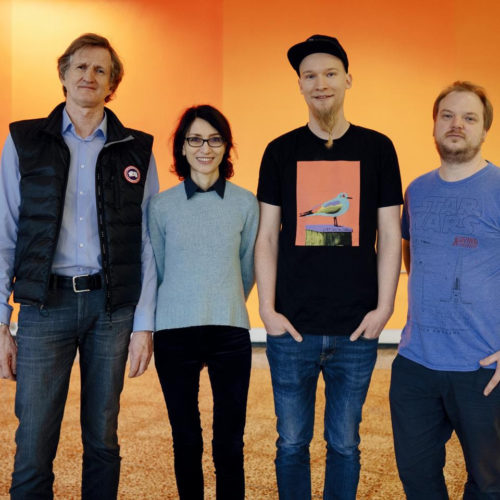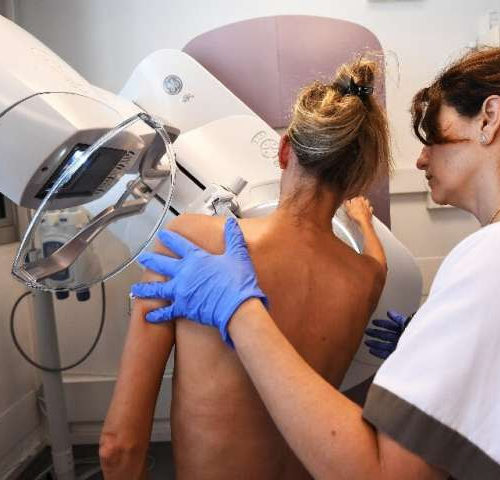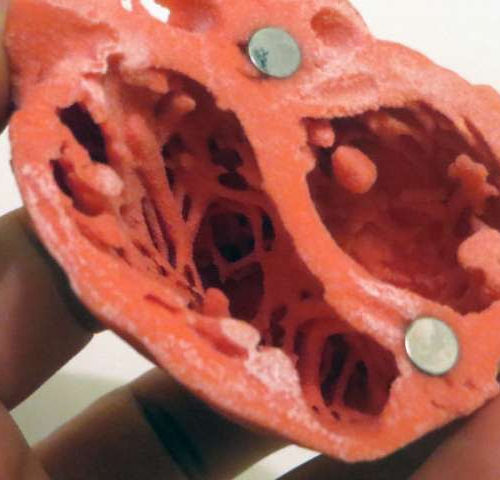by University of Tsukuba Voluntary motor movements rely on the corticospinal tract (CST)—a group of neuronal fibers in mammals that connect each side of the brain to the opposite side of the spinal cord, and ultimately to muscles. It contains about 1 million fibers, the majority of which cross sides where the brain meets the...
Bioinspired microneedle patch has more sticking power
By Ben Coxworth In nature, pest insects and other parasites latch onto their hosts by inserting backward-facing barbs into their tissue. Scientists have now copied that strategy, in a system that could someday replace painful hypodermic needles. Developed at New Jersey’s Rutgers University, the new technology is a form of microneedle patch. Such patches generally...
Cancer mutations occur decades before diagnosis
EUROPEAN MOLECULAR BIOLOGY LABORATORY Researchers at EMBL’s European Bioinformatics Institute (EMBL-EBI) and the Francis Crick Institute have analysed the whole genomes of over 2600 tumours from 38 different cancer types to determine the chronology of genomic changes during cancer development. Cancer occurs as part of a lifelong process in which our genome changes over time....
First comprehensive survey of virus DNA found within cancer cells
UNIVERSITY OF EAST ANGLIA Researchers from the University of East Anglia have helped to carry out the first comprehensive survey of viruses found within different types of cancer. An international team systematically investigated the DNA found within more than 2,600 tumour samples from patients with 38 different types of cancer. They discovered traces of viruses...
Protein could offer therapeutic target for breast cancer metastasis
UNIVERSITY OF KENTUCKY LEXINGTON, Ky. (Feb. 5, 2020) – A new study by University of Kentucky Markey Cancer Center researchers suggests that targeting a protein known as heat shock protein 47 (Hsp47) could be key for suppressing breast cancer metastasis. Metastasis is when cancer cells spread from the primary tumor to surrounding tissues and distant...
Parkinson’s and the immune system
Medicine RUHR-UNIVERSITY BOCHUM The team was thus able to provide further evidence that there are interfaces between the nervous system and immune system. The researchers hope that the protagonists or antagonists of this signalling pathway may be suitable for therapeutic interventions. They report on this in the cover story in the journal Science Signalingon 4...
Unprecedented exploration generates most comprehensive map of cancer genomes to date
An international team has completed the most comprehensive study of whole cancer genomes to date, significantly improving our fundamental understanding of cancer and signposting new directions for its diagnosis and treatment. UNIVERSITY OF MELBOURNE An international team has completed the most comprehensive study of whole cancer genomes to date, significantly improving our fundamental understanding of...
Massive genome study unlocks secrets of how cancers form
by Sara Hussein A massive, decade-long study sequencing the genomes of dozens of cancers has revealed the secrets of how tumours form and may pave the way for better and more targeted treatment. The Pan-Cancer Project brought together over 1,300 researchers globally to tackle the mammoth task of sequencing the genomes of 38 types of...
Team finds that their cancer-fighting compound fights obesity and diabetes, too
by University of New Mexico Eric Prossnitz, Ph.D., and his team hope to help 93 million obese Americans fight their fat. In a paper published in Science Translational Medicine, they reported that G-1, a cancer-fighting compound they discovered some years ago, reduces fat in obese mice. Although G-1 is currently in phase 1 clinical trials...
Platelet microparticles give antibody drug ‘piggyback ride’ to repair damaged heart
by North Carolina State University New research from North Carolina State University shows that platelet microparticles are an effective way to deliver therapeutic drugs directly to the heart following a heart attack. This method increases drug concentration at the site and could help heart attack patients reduce side effects from drugs used to aid recovery....

